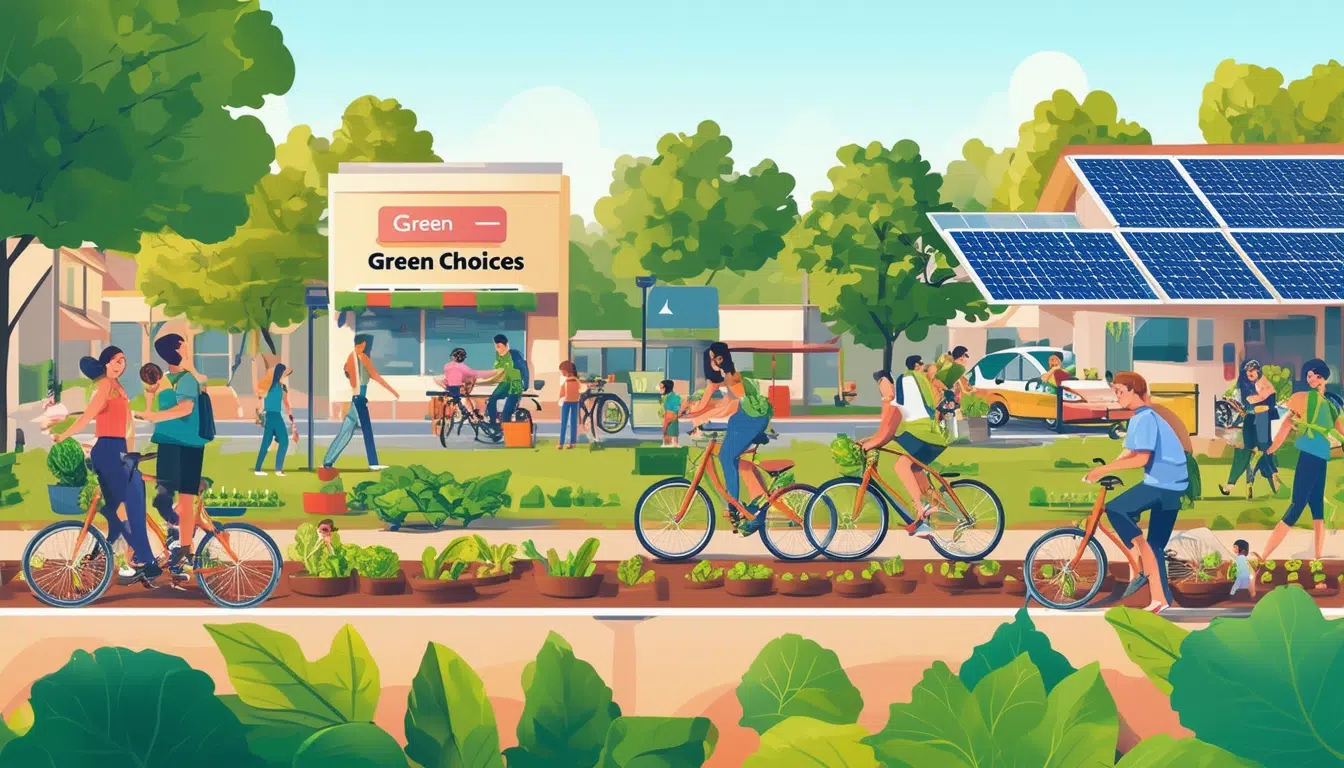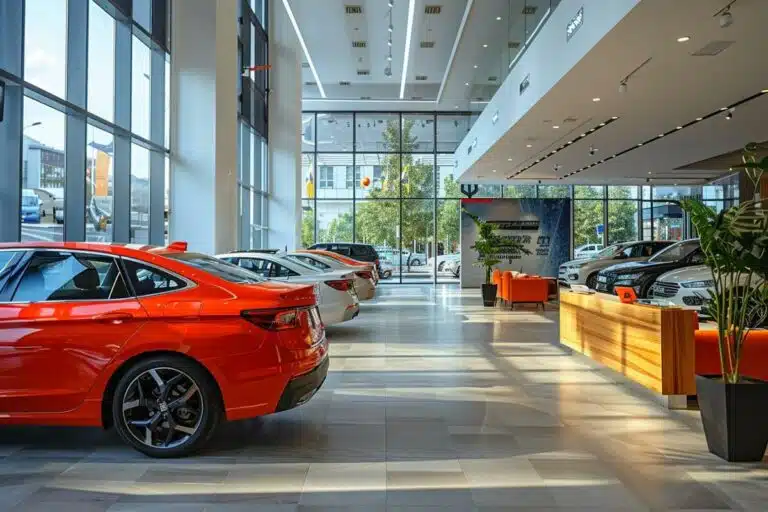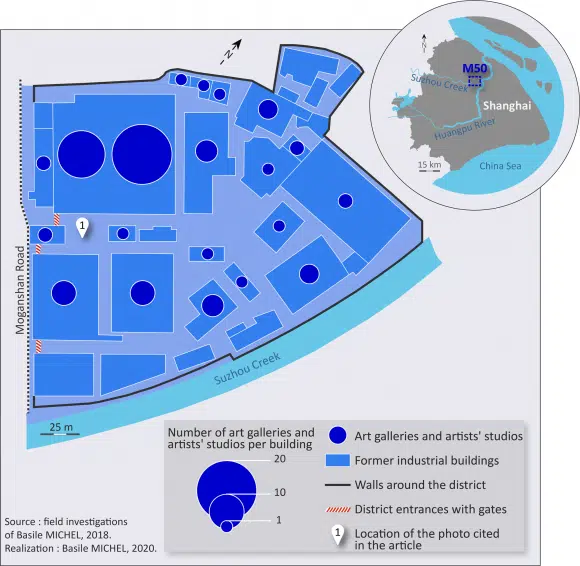The role of the community in reducing fuel expenses

In an increasingly aware world of the need to reduce fuel expenditure, the community plays a crucial role in adopting sustainable practices. Cooperation and environmental awareness can transform the way energy is consumed and, in turn, reduce dependence on fossil fuels. Through joint actions, from promoting public transportation to implementing carpooling initiatives, the active participation of all community members is essential for achieving a more efficient and sustainable future.
The community plays a crucial role in reducing fuel expenditure, not only through the adoption of sustainable practices but also by creating awareness and collaboration among its members. With the growing concern about environmental impact and the costs associated with fossil fuel use, it is essential for communities to come together to implement strategies that allow for more efficient and responsible consumption.
Promotion of sustainable mobility
Sustainable mobility is one of the areas where communities can intervene significantly. Encouraging the use of bicycles, public transportation, and carpooling are concrete actions that can be promoted at the local level. By reducing dependence on cars, fuel consumption decreases, and environmental conditions improve. For example, implementing a carpooling system in a community not only saves fuel but also strengthens social ties.
Awareness and environmental education
Education and awareness are fundamental in the fight against excessive fuel expenditure. Communities can organize workshops, talks, and informational campaigns to teach citizens about the importance of practices such as efficient driving, proper vehicle maintenance, and the choice to opt for cleaner alternatives. In this way, a change of habits is promoted, which can result in considerable savings.
Renewable energy projects
The implementation of renewable energy projects at the community level also contributes to reducing fuel expenditure. Initiatives such as the installation of solar panels on public buildings or investing in wind energy allow communities to decrease their dependence on fossil fuels. These types of projects not only benefit the environment but also entail long-term savings in energy costs.
Collaboration between residents and authorities
The synergy between residents and local authorities is essential for creating an environment conducive to reducing fuel expenditure. Citizen participation in urban planning and the design of public policies that promote sustainability is key. Initiatives such as improving bicycle infrastructure or creating low-emission zones can arise from this collaboration, benefiting the entire community.
Successful example: communities that stand out
There are numerous examples of communities that have managed to reduce fuel expenditure through effective strategies. From neighborhoods designed as pedestrian zones where mobility on foot and by bicycle is prioritized to cities that have implemented efficient public transportation systems, these cases reflect how community intervention can lead to positive results.
Technological innovation and its role in the community
Technology has become a fundamental ally in the search for energy efficiency and reducing fuel use. From applications that help organize carpooling to those that inform about the status of public transportation, innovation facilitates collaboration and awareness. Promoting the use of these tools can be a great step towards more responsible consumption.
Commitment to the future
The commitment of communities to sustainability should not be fleeting but enduring. The constant implementation of strategies, participation in projects, and the formation of alliances between different sectors are key to maintaining momentum. In the end, every small effort adds up and can result in a significant impact on reducing fuel expenditure.
Community interaction plays a crucial role in reducing fuel expenditure. In a world where excessive consumption of energy resources has direct repercussions on the environment, communities can become engines of significant change through awareness and collaboration.
Sustainable practices, such as public transportation use and carpooling, not only optimize fuel consumption but also foster social cohesion. By sharing vehicles, the number of cars on the streets is reduced, translating into fewer polluting emissions and less traffic congestion. This, in turn, improves air quality in urban areas and reduces travel costs.
Moreover, education plays a fundamental role in this process. Communities that promote awareness campaigns about energy efficiency and fuel savings help their members adopt responsible driving habits. Strategies such as checking tire pressure, avoiding sudden accelerations, and maintaining a constant speed can make a difference in daily energy consumption.
On the other hand, the role of the government is indispensable to support community initiatives. Implementing policies that incentivize the use of renewable energy and technological innovation can further enhance efforts made at the community level. Likewise, subsidies for sustainable vehicles and improving infrastructure for bicycles and pedestrians are important steps toward a cleaner future.
In conclusion, the power of the community in reducing low fuel consumption is undeniable. The combination of collective will, education, and appropriate policies can transform the way fuel use is addressed, benefiting both people and the planet. Thus, a path toward sustainable development is forged that we all must embrace.




